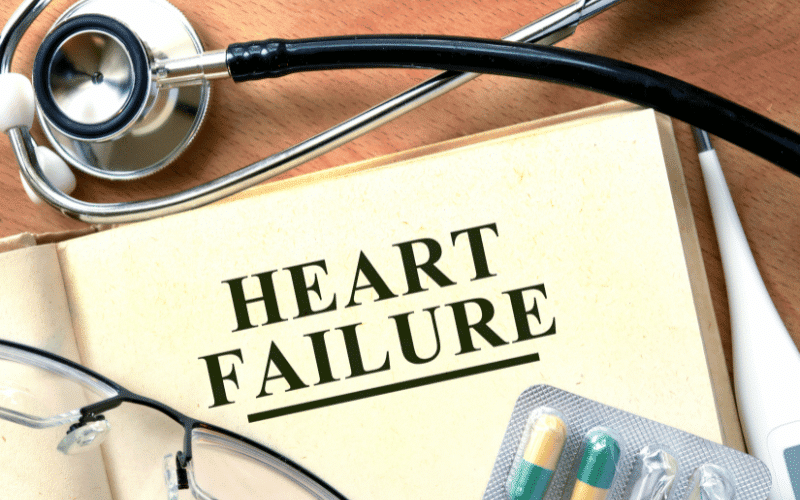Frequently Asked Questions

Can heart failure symptoms be different in women compared to men?
Yes, heart failure symptoms can manifest differently in women compared to men. For instance, while chest pain is a common symptom in both genders, women are more likely to experience symptoms like shortness of breath, fatigue, and nausea.
Are these symptoms exclusive to heart failure?
No, these symptoms are not exclusive to heart failure. Conditions like lung disease, kidney failure, or liver disease can also present similar symptoms. Therefore, it’s essential to consult with a healthcare provider for an accurate diagnosis.
What should I do if I have several of these symptoms?
If you have multiple symptoms outlined in this article, it’s crucial to seek medical attention. Early diagnosis and treatment can significantly improve the outcome and quality of life for people with heart failure.
Are there specific risk factors for heart failure in women?
Yes, certain risk factors specifically affect women, including menopause, pregnancy complications, and certain chemotherapy drugs and radiation treatments for cancer. Traditional risk factors such as high blood pressure, obesity, and diabetes also play a role.
Can lifestyle changes help manage heart failure symptoms?
Absolutely. Incorporating heart-healthy lifestyle changes can significantly manage heart failure symptoms. These include following a balanced diet, regular physical activity, maintaining a healthy weight, quitting smoking, and reducing alcohol intake. However, these changes should be made under the guidance of a healthcare provider.
Conclusion: Take Heart, Take Action
Heart failure is a complex condition that presents a variety of symptoms. Being aware of these 15 signs and symptoms of heart failure in women is crucial, as early detection can improve the prognosis and quality of life. Remember, it’s not about identifying one symptom in isolation but recognizing a combination of these signs. Always consult with a healthcare provider for an accurate diagnosis and treatment.
While heart failure is a serious condition, it’s important to remember that medical advances have made it manageable. Living a heart-healthy lifestyle, staying aware of these symptoms, and seeking timely medical intervention can make all the difference. So, take heart, and take action. Your health is in your hands.